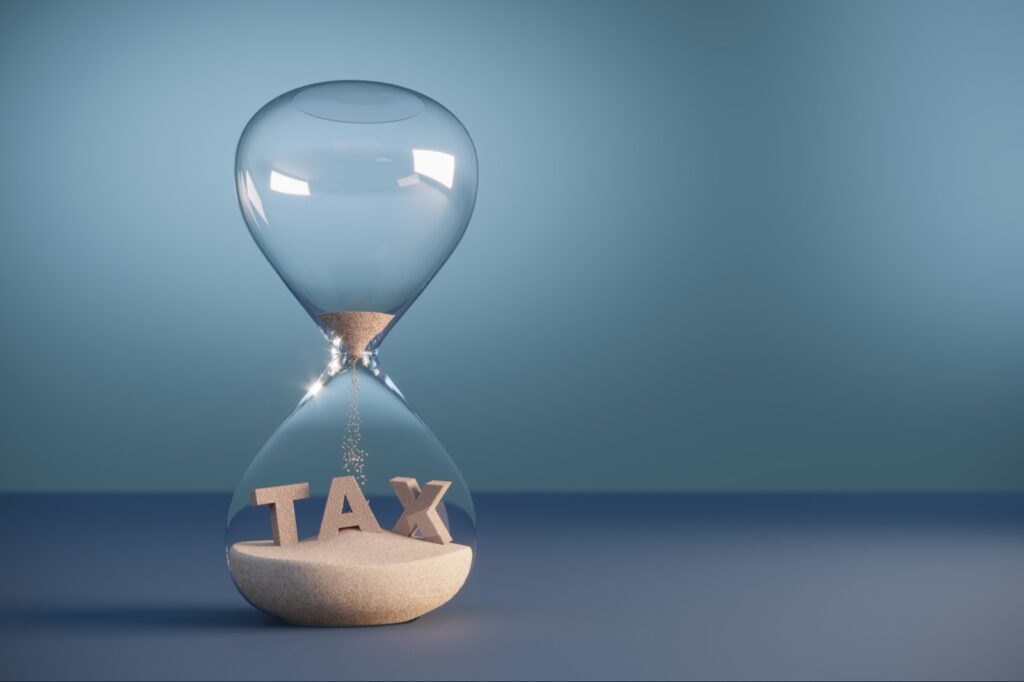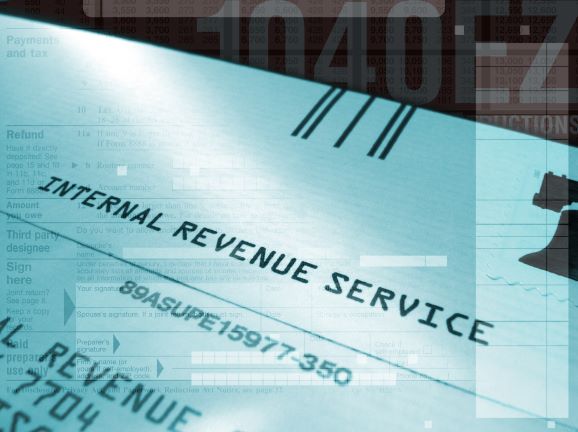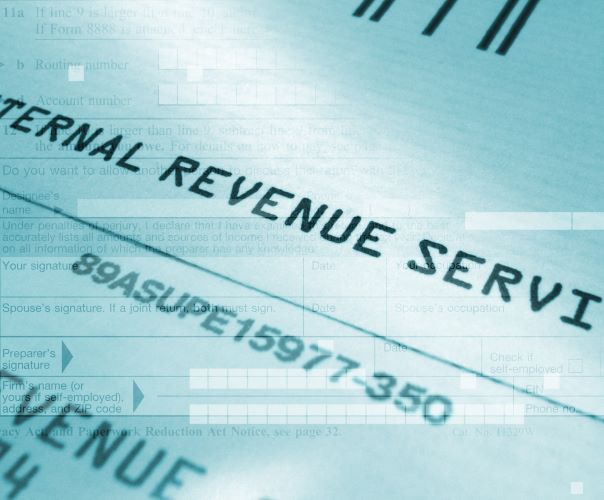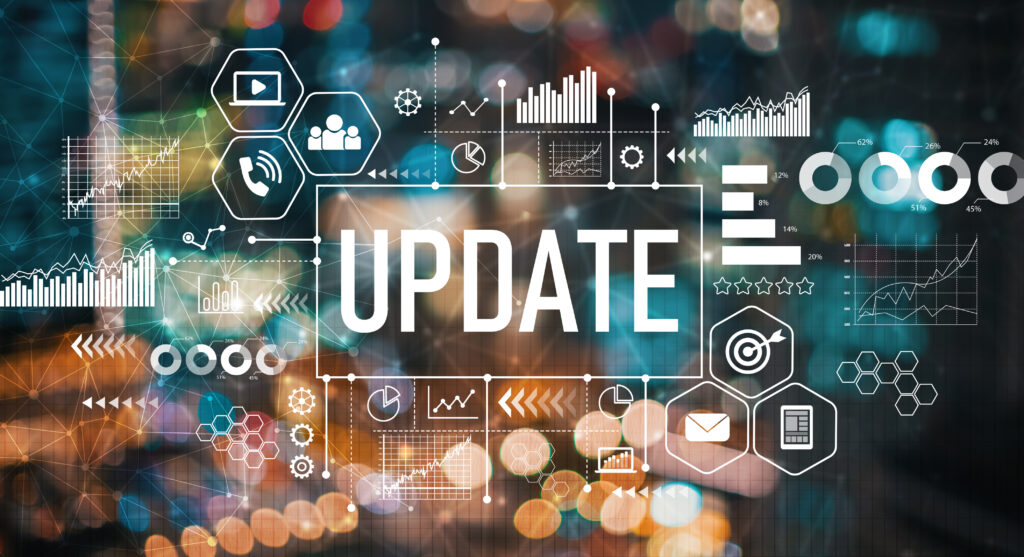The President issued an Executive Order indicating to the extent possible the Secretary of the Treasury will cease issuing and receiving paper checks. We will await more details directly from the IRS before making any changes or providing any further recommendations on making and receiving IRS payments. As of today, no guidance has been issued by the IRS on the date of implementation, the process, or exceptions to the Executive Order.




